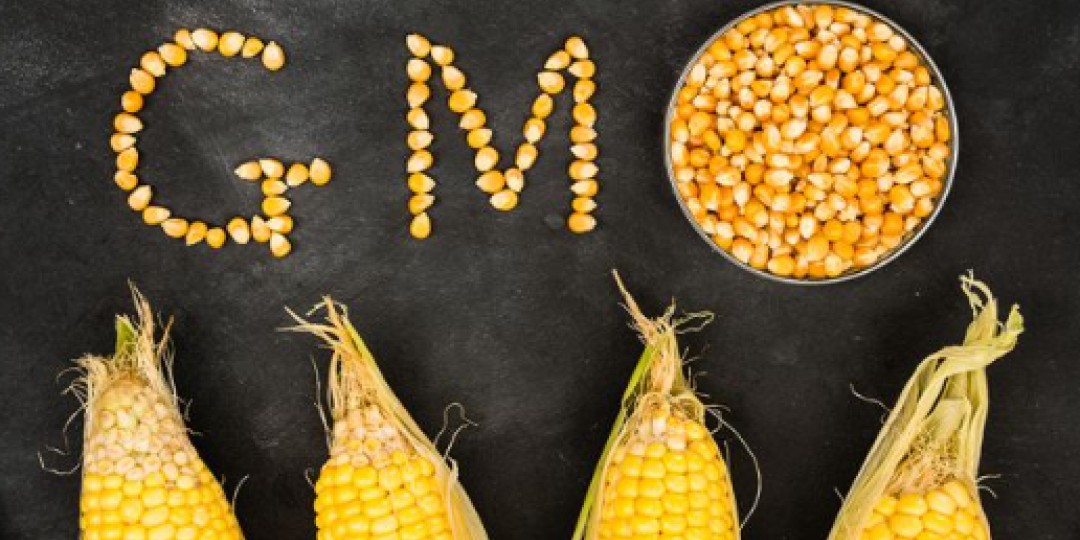Importing food made from genetically modified organisms (GMO) received a shot in the arm recently when a Kenyan court dismissed a case challenging GMO imports to compete against local produce.
Fears have always been and remain that it could lead to the demise of local agriculture and complications for regional trade.
The Law Society of Kenya, the nation’s premier bar association that petitioned the court, argued that genetically modified food was unsafe for humans and that lifting a ban on its importation was unconstitutional.
However, High Court Justice Oscar Angote ruled that the petitioners failed to prove that such food was harmful for human consumption.
The government lifted a ban on the importation of GMO foods last October as local farmers were unable to produce sufficient food to feed the population.
Angote also said there is a need for the population to trust the institutions set up to check the quality of GMO food.
But according to Cidy Otieno, the national coordinator of Kenya Peasants League, a lobby group acting on behalf of peasant farmers, said there is widespread scepticism that this will not be the case.
He said the country's regulatory bodies cannot be trusted.
“In Kenya, for over one year, there was a product that was found on the shelves,” he said. “It was being sold in Kenya from South Africa, yet it had GMOs, but the country did not allow GMs.
“So, we realised that we had very weak regulation in Kenya.”
Agriculture accounts for one-third of Kenya's gross domestic product, and farming lobby groups have expressed concerns about the future of the sector in the country.
They argue that United States farmers who use sophisticated technology and have government financial support to produce GMO produce could kill Kenya’s agriculture sector.
Kenya's acceptance of GMO products also worries its neighbours Tanzania and Uganda, which do not allow them. Tanzania has already said it would be vigilant against importing genetically modified food into its country.
The East African region has an agreement through the regional bloc, the East African Community, which allows the free flow of people and goods.
Nason'go Muliro, a Kenyan international relations and diplomacy lecturer, said the importation of GMOs into the region threatens trade relations between Kenya and its neighbours.













